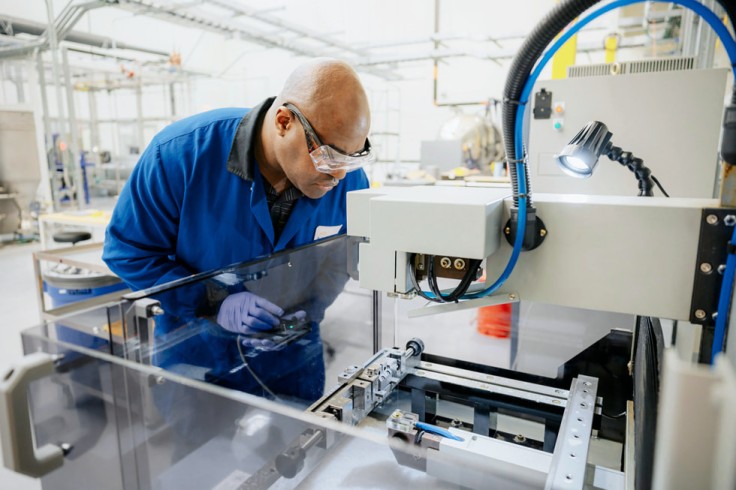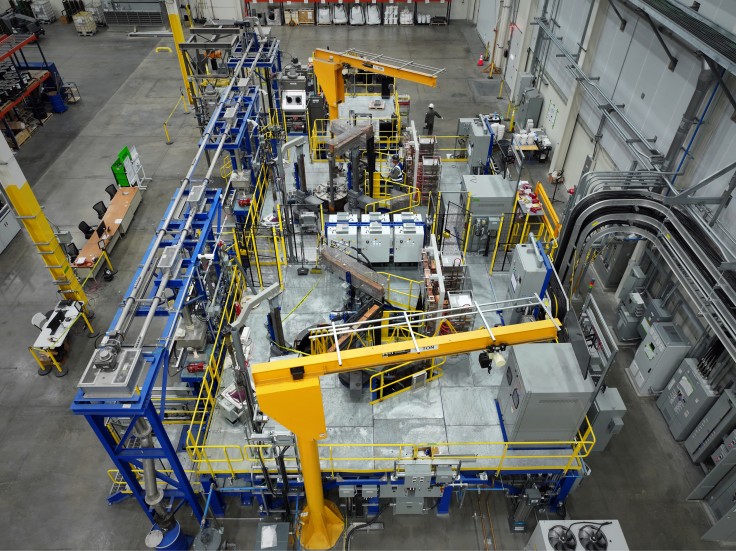
Apple's dropping half a billion dollars into MP Materials to build and recycle rare earth magnets here in the US. It's a move that gives the company more control over one of the tech world's most essential (and overlooked) parts.
The deal is part of Apple's bigger strategy to rely less on China, especially for stuff like neodymium magnets, which power haptics and speakers in everything from iPhones to AirPods. It's also a well-timed move, as US lawmakers keep pushing tech companies to bring more manufacturing back home and untangle their supply chains from overseas politics.
"American innovation drives everything we do at Apple, and we're proud to deepen our investment in the U.S. economy," said Tim Cook, Apple's CEO, in the press release. "Rare earth materials are essential for making advanced technology, and this partnership will help strengthen the supply of these vital materials here in the United States."
MP's California facility will handle magnet recycling from old electronics, while a new plant in Fort Worth, Texas, will produce finished magnets starting in 2027. Apple says the recycled material will eventually end up in "hundreds of millions" of devices.

The US has struggled for years to build a domestic rare earth industry. China currently controls over 80% of global rare earth processing, and recent export controls have made Western governments nervous. Apple first started working with MP in 2018 on small-scale recycling efforts, but this is its largest public commitment to the space so far.
The move also aligns with Apple's February pledge to spend more than $500 billion in the US over four years, covering everything from chipmaking to worker training. And with the Department of Defense already backing MP's operations as a national security asset, Apple's decision may earn it points in Washington as well as on Wall Street.
Shares of MP Materials jumped around 19% after the news broke.
While Apple isn't the only company eyeing rare earth recycling—Google and Tesla have both explored similar efforts—this deal puts it in the lead when it comes to turning old gadgets into new supply.
It's a big green win for Apple, but also a sharp strategic play: fewer headaches from overseas, and more control over what goes into its devices.
Originally published on Tech Times









